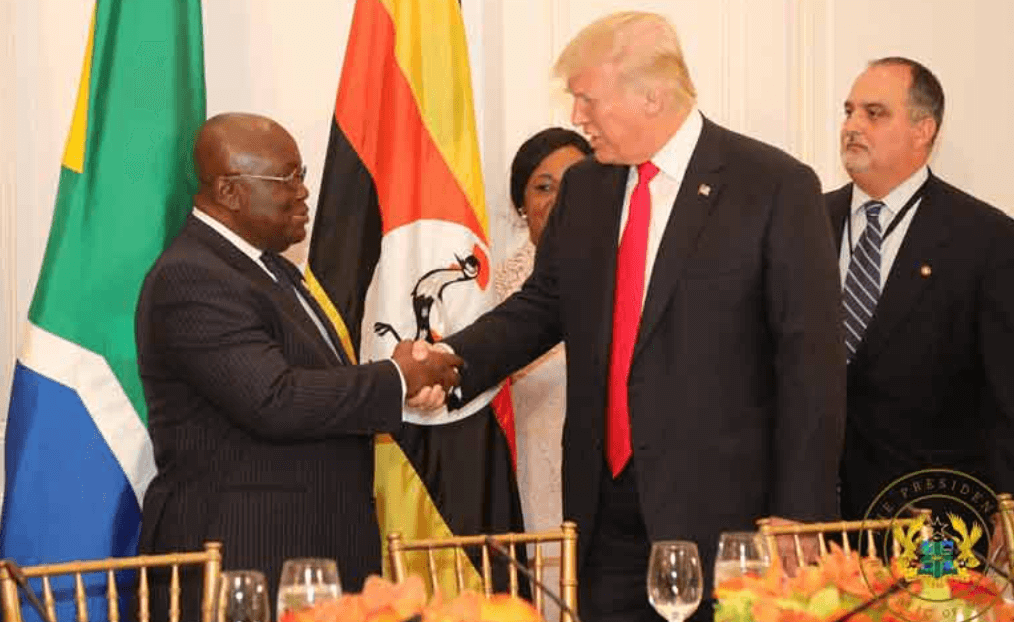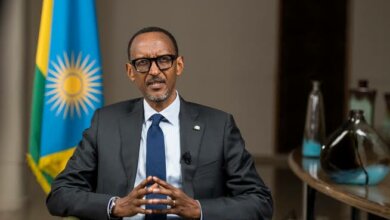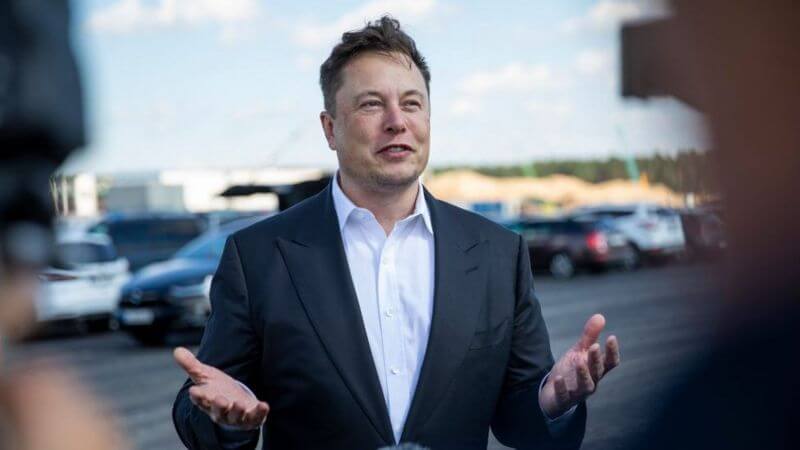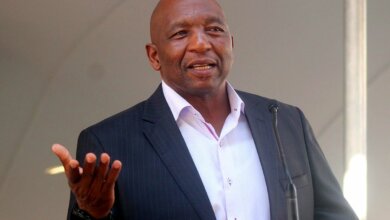
Nairobi and Washington, D.C., are 7,500 miles apart. Last week showed that the gulf in their approaches to the pandemic is even wider. Even as President Donald Trump pressured states and local authorities to reopen schools, threatening to cut funding for those that do not, Kenya announced that it would keep physical classrooms closed until at least January 2021.
Kenya’s government said it was worried about rising COVID-19 cases — it has 10,300 cases so far. The White House wants schools to reopen as a part of its push to bring the U.S. back to a sense of “normalcy,” even though America has recorded more than 3.3 million cases, and the number is growing each week.

It’s a dramatic reversal of a stereotype that has held forth in the minds of generations of people, and not just in the West. South Asia and Africa are chaotic, undisciplined societies, where the rule of law is weak, people do as they please, and it’s a feat simply to survive reckless driving on the streets. So goes the cliché, which suggests that developed, Western countries value human life much more than developing countries.
But from Scandinavia to South Asia, and Africa to East Asia, a pandemic that has claimed the lives of nearly 600,000 people is also ripping apart a range of typecasts.
Read also: Covid-19: Ghana’s President goes into self-isolation for 14 days
Ghana’s President Nana-Akufo Addo has quarantined himself despite testing negative, because he was in contact with a person who tested positive — setting an example very different from Trump, who until last weekend, refused to wear a mask and has advocated unproven cures for the virus. And India’s information technology capital Bangalore went back into a complete lockdown this week after cases in the city of 8 million people started rising by more than 1,000 a day. In Florida, where daily cases are averaging 10,000 this month, Disney World reopened last weekend.
While we’ll only know with time which approach makes more sense — maybe reopening while cases are still rising won’t backfire on America — one thing is clear: Ghana, India and Kenya are willing to place a higher premium on public health and human life than the U.S.
Move across continents all the way to Scandinavia, and you’ll find another stereotype that has crumbled amid the crisis. As a close Swedish friend often reminds me, the concepts of Lagom and Hygge are often used almost as synonyms to describe Swedish and Danish behavior, respectively. Lagom is the soul of the Swede, a term for moderation that originates from “rule of the law.” Hygge, on the other hand, epitomizes the Dane’s love for coziness and comfort, drinking schnapps together for lunch in front of an open fire on a rainy autumn day.
This pandemic has flipped those roles. Even as Denmark sealed its borders and shut down most public spaces, Sweden kept its schools and restaurants open, despite concerns from epidemiologists that this was a flawed approach. Today, Sweden has 76,000 reported cases and 5,500 deaths, compared to 13,000 cases and a far lower fatality rate in the somewhat smaller Denmark. In June, Sweden’s chief epidemiologist Anders Tegnell — the architect of the country’s approach — acknowledged that it had cost too many lives.
Over in East Asia too, widely held perceptions are breaking down. Democracies there are for the most part seen as weaker than in the West — and not without reason. One party has ruled Singapore since it gained independence in 1965, and South Korea — after 27 years of military rule — has had free and fair elections only since 1987.
Yet South Korea and Singapore have held two of the earliest post-pandemic elections, refusing to put democracy on hold. It helped, of course, that the incumbent governments in both countries had earned domestic plaudits for controlling outbreaks.
Meanwhile in the U.S., queues of Georgia voters waited for hours in June as electronic voting machines used for state primaries refused to work. And such is the level of mistrust, that in April, presumptive Democratic presidential nominee Joe Biden said he feared President Donald trump might try and postpone the November elections.
To be sure, missteps — at times fatal ones — have to varying degrees pockmarked the pandemic responses of most nations. India demonstrated the deep class biases when Prime Minister Narendra Modi’s administration left millions of migrant workers stranded for weeks without food and income, forcing them to trudge hundreds of miles home. South Korea displayed its administrative homophobia by targeting the country’s LGBTQ community after a man who visited gay bars was found responsible for a fresh outbreak in May.
Still, at a time when autocrats and populists have tried to use the pandemic to fuel racism and ignorance everywhere from the U.S. to India, the crisis has shown us just how hollow frequently peddled stereotypes really are. Remember that. It’s a rare positive to come out of this crisis.
Written by CHARU SUDAN KASTURI ozy.com Senior Editor
Oral Ofori is Founder and Publisher at www.TheAfricanDream.net, a digital storyteller and producer, and also an information and research consultant.





